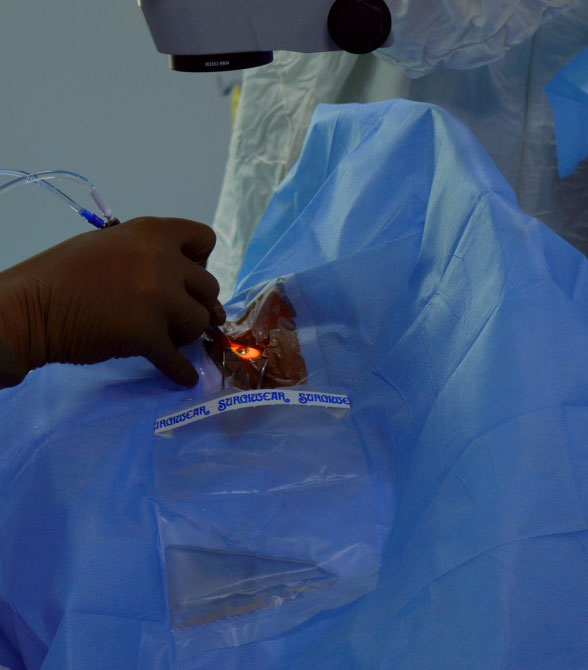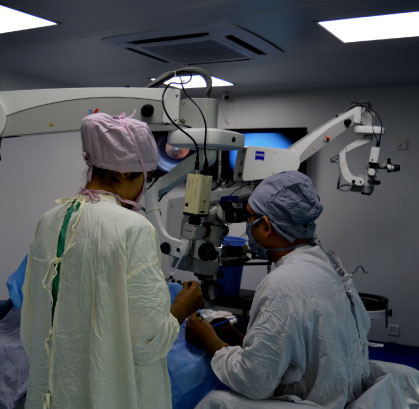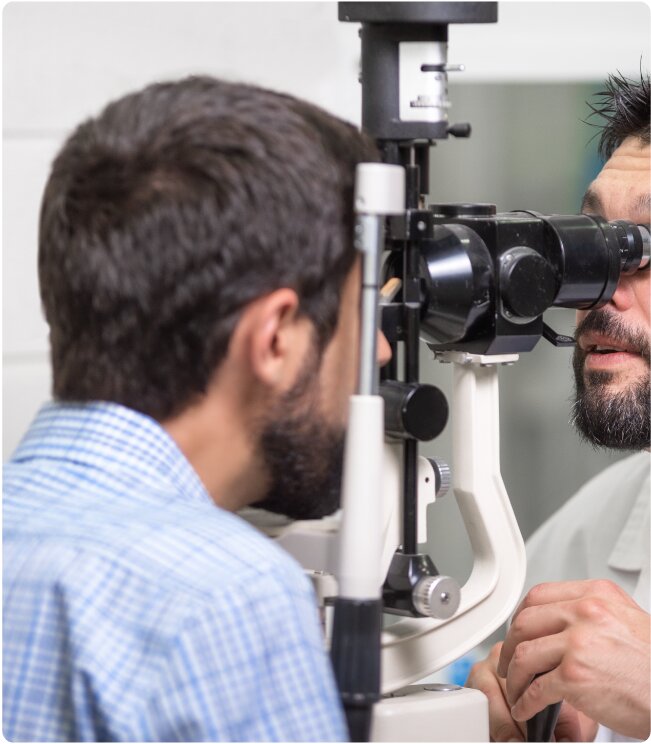Pediatric Ophthalmologist in Ahmedabad



PRK (Photorefractive Keratectomy Eye Surgery)

Photorefractive Keratectomy Eye Surgery (PRK) is a laser eye surgery which corrects refractive vision errors by changing the shape of our cornea.
The cornea in our eye is responsible for bending (or refracting) light toward the centre of our retina; when the shape of the cornea causes the refraction to be off-centre; it results in refractive errors.
PRK modifies the contours of the cornea so that it can bend light correctly. It is an effective treatment for hyperopia (farsightedness), myopia (nearsightedness) and astigmatism.
PRK, LASEK, LASIK and other laser eye surgeries are performed with slightly different techniques. These Laser techniques, along with cost and recovery time, are what may mean that one type of laser vision surgery a better option for you than other types.
For Example; PRK (Photorefractive Keratectomy Eye Surgery) involves complete removal of the epithelium to access the cornea, and then our epithelium grows back. Whereas in LASIK and some other types, a flap is formed in the epithelium and part of the cornea. This flap is folded back for the surgery and put back in place afterwards.
As no flap is created in the case of PRK, it is usually recommended for those people who have very thin (fragile) corneal tissue. It can also be the right choice for those individuals who tends to have dry eyes since the flap method sometimes results in making dry eye symptoms much worse.

What makes one a right candidate for PRK?
- Patients who are at higher risk (Sports participants, military, law enforcement etc.) for ‘flap related complications and eye trauma’ with LASIK.
- Medical history and other prescription have to be analysed before saying you can be safely treated with PRK.
- A Stable eye prescription (has not changed over the last year).
- Patients with thinner (Fragile) corneas.
- Patients with mild dry eye.
- Your corneas are perfectly healthy.
- Your overall eye health is great.
- Patients with a history of irregular corneas or corneal erosions.
